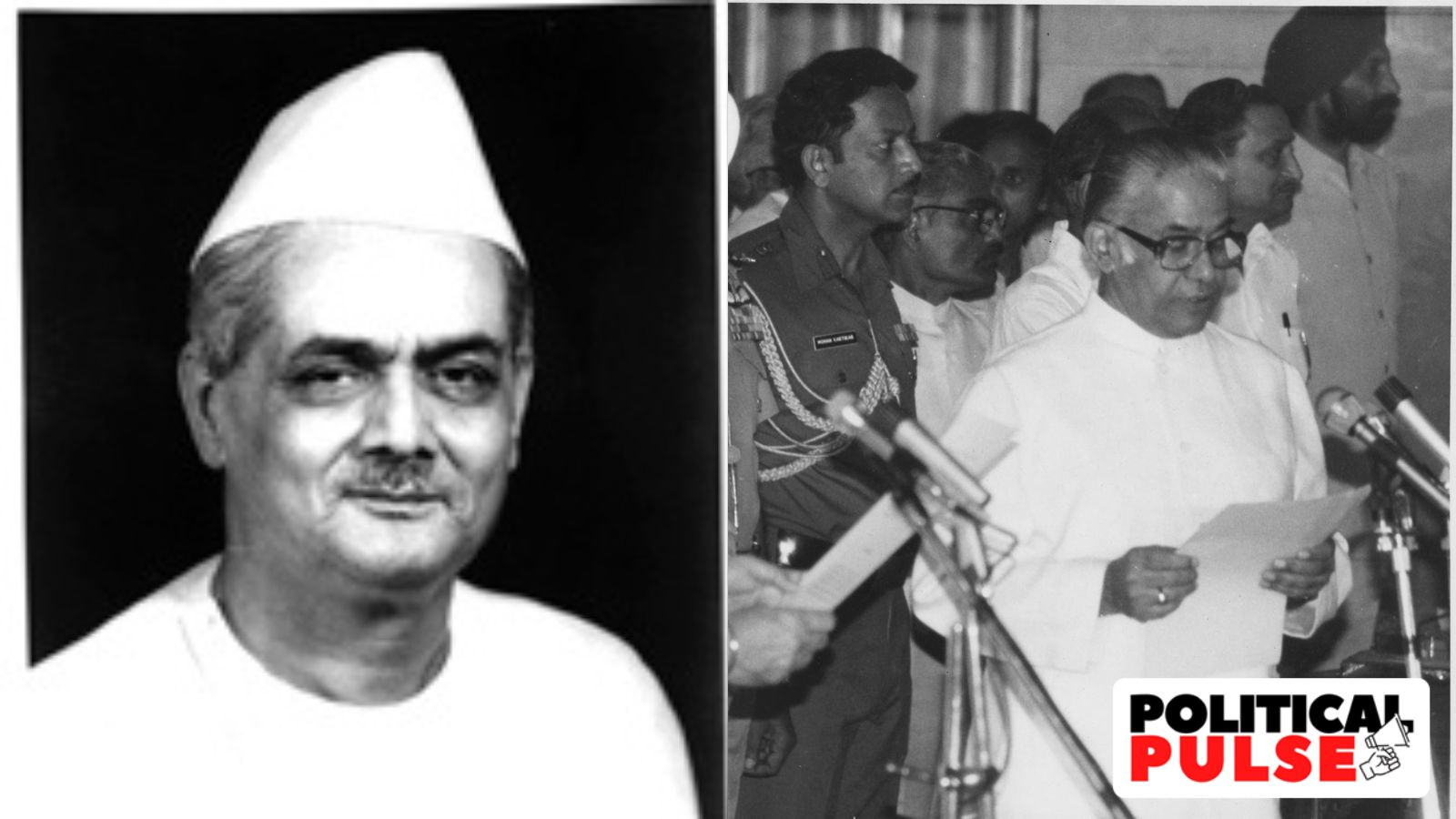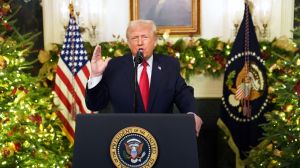A look at three previous instances where an election was held to elect the Speaker:

1952: G V Mavalankar vs Shankar Shantaram More
In the Parliament convened after the first general election in the country, Prime Minister Jawaharlal Nehru moved the motion for Mavalankar, a prominent freedom fighter belonging to Gujarat and a former member of the Constituent Assembly, to be chosen as the Speaker. It was seconded by then Parliamentary Affairs Minister Satya Narayan Sinha, Darbhanga Central MP S N Das and Gurgaon MP Pandit Thakur Das Bhargava.
However, Cannanore MP A K Gopalan, a founder of the Communist movement in India and one of the 16 CPI MPs in the House, moved a motion in More’s favour. The candidature of More, one of the founders of the Peasants and Workers Party of India (PWPI), a Marxist political party, was seconded by Berhampore MP T K Chaudhuri (the founder leader of the Revolutionary Socialist Party), Mavelikkara MP N S Nair (who was a trade unionist) and Basirhat MP Renu Chakravarty (CPI).
Incidentally, the Opposition’s nominee for Speaker, K Suresh, is also an MP from Mavelikara. In another coincidence, the Speaker election at the time was also entwined with the issue of whether the government would share the position of Deputy Speaker with the Opposition.
Lanka Sundaram (an Independent) intervened to say that the leader of the House and the Deputy Speaker must be appointed through consensus and sought an adjournment to hold discussions. “Is it not a fact that our Constitution and Rules of Procedure of this House are closely based on the conventions and principles of the Mother of Parliaments, the most exemplary of which is the principle of unanimity of election of the presiding officers?… I believe I will be voicing the sentiments of everyone here when I say that we of the First Parliament of the Republic of India should do everything in our power to establish healthy and enduring principles of procedure… The name suggested from this side would be withdrawn if the name suggested by the Opposition Benches for the post of Deputy Speaker is acceptable to the Treasury Benches,” he had said.
However, the Chairman of the House said the matter would be discussed after the Speaker is elected and went for a division of votes.
Story continues below this ad
Mavalankar was elected as Speaker with 394 votes, while 55 MPs opposed his candidature.
1967: Neelam Sanjiva Reddy versus Tenneti Viswanatham
The House was divided for the second time in 1967 when Indira Gandhi was the Prime Minister. Govind Das, the pro-tem Speaker, was posed with two motions – one in favour of Neelam Sanjiva Reddy of the Congress and another in favour of Tenneti Viswanatham, an Independent MP, whom the Opposition, including the CPI (M), supported.
It was argued that there should be a secret vote. Surendranath Dwivedy of the Praja Socialist Party said that a new precedent should be set and open voting should be done away with. “If open voting is done, it will be known to all persons who have voted against the particular candidate and when he becomes the Speaker he may be – I hope he will not be – prejudiced against those particular members. So it is very much necessary to have a healthy convention to give the members an opportunity to cast their vote in secret. I do not think there will be any harm if we do this…” he said.
After debate, it was decided that the members would vote on paper slips. Printed slips with Ayes and Noes were given to the MPs, who then deposited the slips of their choice in secret. Neelam Sanjiva Reddy was elected the Speaker with 278 votes in his favour, while 207 members voted against him.
Story continues below this ad
1976: B R Bhagat vs Jagannathrao Joshi
The duration of the fifth Session of Parliament was extended by a year following the proclamation of Emergency in June 1975. Subsequently, in 1976, the motion to choose Bhagat, a Congress MP, as the Speaker was moved by PM Indira Gandhi and was seconded by Parliamentary Affairs Minister Raghu Ramaiah.
However, Bhavnagar MP P M Mehta (a member of the Congress O) moved a motion in Joshi’s favour. Joshi, a member of the Jana Sangh, was seconded by Hajipur MP D N Singh (Congress O).
G G Swell, the then Deputy Speaker presiding over the affairs of the House, said, “The motions which have been moved and duly seconded shall be put one by one in the order in which they have been moved, and decided, if necessary, by division. If any motion is carried, the person presiding shall, without putting the latter motions, declare that the member proposed in the motion which has been carried, has been chosen as the Speaker of the House. I call a division because there are two motions.”
Bhagat was subsequently elected Speaker with 344 votes in his favour and 58 voting against him.
Story continues below this ad
After the election of Bhagat, the Deputy Speaker said, “During the last three or four years, when he was sitting in those chairs as an ordinary member, I had always admired his Chair and performance in the House. His contribution has been rich…”

































